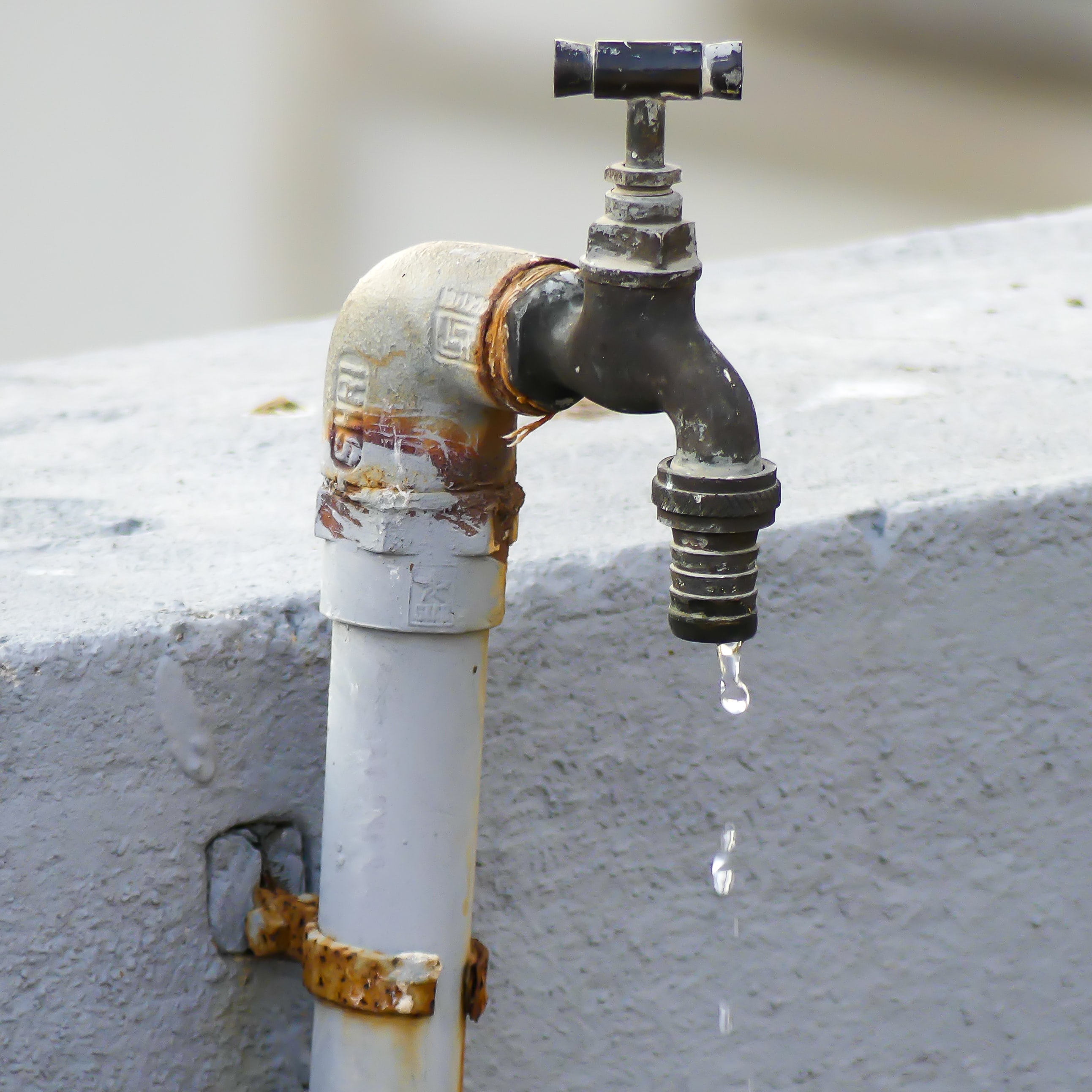Global attention & support key to resolve the water crisis

A new study from UCLA has concluded that the ongoing megadrought afflicting the Western US is the worst in 1,200 years. The eye-opening analysis leveraged data from the rings of over 1,500 trees to conclude that the current dry period facing the region is the most intense it has undergone since 800AD. With major bodies of water such as the Great Salt Lake already plumbing record lows and risking ecological disaster, there’s no end in sight. 75% of researchers’ simulations suggested that the drought, exacerbated by climate change, will continue until the end of the decade.
Water scarcity around the world
The research uncovering just how unprecedented the situation is in the American Southwest is just the latest indication that water issues are going to become an increasingly important topic around the world. Indeed, countless other regions around the globe, notably the Iberian Peninsula and the Horn of Africa, are also suffering from devastating droughts.
Spain and Portugal are also suffering less than half of the average rainfall they would expect over recent months, with reservoirs being drained and crop yields projected to be down by as much as 80% if the situation does not improve imminently.
Elsewhere, farmers in Somalia, Ethiopia and Kenya are beset by similar problems; the ongoing drought has already killed off more than 1.6 million cattle and threatens to decimate crop production numbers by as much as 70% in some parts of the region. The FAO has called for immediate investment by richer countries to the tune of $130 million to avoid further devastating fallout.
World Water Forum casts the spotlight on Africa
These water shortages are particularly challenging for the Horn of Africa, given the widespread poverty in the region, and observers have cautioned that 13 million people could face famine as the drought continues. Their plight will undoubtedly feature in the discussions at the upcoming World Water Forum, to be held between March 21st and March 26th in Dakar, Senegal. After a year’s delay due to the coronavirus pandemic, the international conference will bring together heads of state, industry think tanks and private commercial interests to shed an international spotlight on some of the most important issues surrounding water, including water security and water for rural development.
As the World Water Forum’s Executive Secretary Abdoulaye Sene pointed out, the Forum will be a chance for Africa to put itself forward and take initiative. This is vital given that Africa is already suffering severe water risks—with some 400 million people across the continent unable to access basic drinking water facilities, that means that 1 in 3 Africans are denied this fundamental human right.
What’s more, Africa is particularly vulnerable to climate change. According to a UN report, the continent’s landmass and waters warmed at a rate higher than the global average last year, while its sea levels rose more quickly, too. It’s estimated that it could experience complete deglaciation of its few remaining glaciers by 2040.
Increasingly scarce water could devastate African agriculture, on which 90% of sub-Saharan Africa’s rural population relies for survival. Already, Madagascar has suffered the world’s first climate-induced famine event last year, while thousands of Angolans have been forced to flee to neighboring Namibia to seek succor from the drought.
Taking the initiative
While Africa has barely contributed to global warming which is aggravating the water crisis, African leaders are nevertheless showing remarkable resolve and commendable ingenuity in taking the initiative on the issue of water insecurity. On top of such headline events as the upcoming World Water Forum in Dakar, African Union (AU) leaders have also devised concrete initiatives to address the issue of water scarcity and sanitation. The Continental Africa Water Investment Program (AIP) is one such mechanism, aiming to unlock and accelerate funding into regional water infrastructure projects, like dams, sanitation facilities and irrigation systems.
Meanwhile, the development of a Water Investment Scorecard, launched in April last year, is a means of monitoring investments into the issue and identifying bottlenecks wherever they may occur. It’s hoped that the Scorecard will also serve to hold wealthier nations accountable for their frequent non-fulfillment of financial pledges surrounding climate change concerns.
Rest of the world must pull its weight
Indeed, as far back as 2009, the world’s wealthiest countries agreed to pledge $100 billion every year to the developing world to help it adapt to the climatic issues created largely as a result of their own industrial endeavors. Despite this, investments consistently fall short. In the period between 2014 and 2018, for example, just $5.5 billion a year was apportioned to African governments to address the issue.
It’s telling that despite their vastly inferior resources, African countries are still contributing more funds to their water sectors than wealthy donor nations. In response to this frankly embarrassing state of affairs – and the particularly devastating droughts that have afflicted Africa of late – the Global Water Partnership has called on the developed world to immediately remedy its approach or run the risk of irreversibly damaging consequences.
Next month’s World Water Forum in Dakar and the other initiatives being pursued by African politicians are a clear indication that they are prepared and equipped to devise workable solutions to the pressing issue of securing clean water and adequate sanitation for all. However, that willpower and wisdom will not be enough to conquer water scarcity alone. The time is nigh for the international community to put its money where its mouth is.
(Devdiscourse's journalists were not involved in the production of this article. The facts and opinions appearing in the article do not reflect the views of Devdiscourse and Devdiscourse does not claim any responsibility for the same.)










